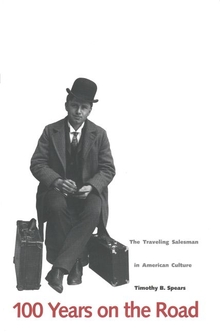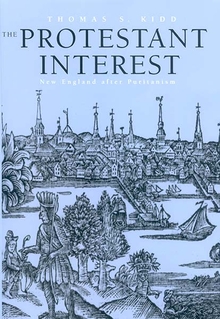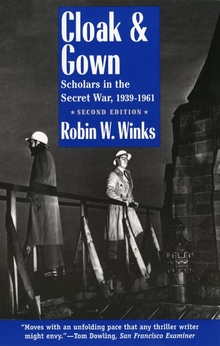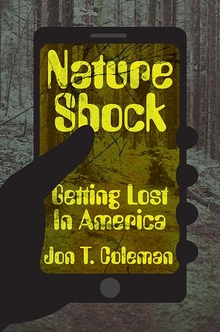100 Years on the Road
WARNING
You are viewing an older version of the Yalebooks website. Please visit out new website with more updated information and a better user experience: https://www.yalebooks.com
The Traveling Salesman in American Culture
Timothy B. Spears
"Kiss the children and sister Minnie for me. And tell her whatever she does, never to marry a traveling man, they are the most unhappy men on earth."—E. Barton Martin to his wife, Julia, April 6, 1877
"I have maid plenty of money since I've bin off the farm & don't have to work half so hard. . . . Come out and see the World."—William Hutton to his brother Lineus, October 11, 1884
Even today, in Death of a Salesman and The Music Man, the traveling salesman is an intriguing, almost mythic figure. This lively and vividly illustrated account—the first in-depth study of the traveling salesman, or "drummer"—investigates his role in American culture during his heyday, between 1830 and 1920.
Drawing on such sources as diaries, advice manuals, autobiographies, and trade journals, Timothy Spears shows how traveling salesmen shaped the customs of life on the road, established the foundations of "scientific salesmanship," and helped to develop modern consumer culture. Spears reconstructs the cultural history of face-to-face sales during this period, describing the nature of traveling life, the development of strategies for selling to the trade rather than door-to-door, and the problematic relationship of the salesman to society—first as the agent of an emergent, intrusive market and later as a target for critics of "vulgar" commercialism. Throughout, Spears offers original and persuasive readings of works by Arthur Miller, Stephen Crane, Theodore Dreiser, Sherwood Anderson, Sinclair Lewis, and Eudora Welty and illuminates other cultural representations of the traveling salesman.
"I have maid plenty of money since I've bin off the farm & don't have to work half so hard. . . . Come out and see the World."—William Hutton to his brother Lineus, October 11, 1884
Even today, in Death of a Salesman and The Music Man, the traveling salesman is an intriguing, almost mythic figure. This lively and vividly illustrated account—the first in-depth study of the traveling salesman, or "drummer"—investigates his role in American culture during his heyday, between 1830 and 1920.
Drawing on such sources as diaries, advice manuals, autobiographies, and trade journals, Timothy Spears shows how traveling salesmen shaped the customs of life on the road, established the foundations of "scientific salesmanship," and helped to develop modern consumer culture. Spears reconstructs the cultural history of face-to-face sales during this period, describing the nature of traveling life, the development of strategies for selling to the trade rather than door-to-door, and the problematic relationship of the salesman to society—first as the agent of an emergent, intrusive market and later as a target for critics of "vulgar" commercialism. Throughout, Spears offers original and persuasive readings of works by Arthur Miller, Stephen Crane, Theodore Dreiser, Sherwood Anderson, Sinclair Lewis, and Eudora Welty and illuminates other cultural representations of the traveling salesman.
Timothy B. Spears is assistant professor of American literature and civilization and director of the American Civilization Major at Middlebury College.
ISBN: 9780300070668
Publication Date: February 27, 1997
Publication Date: February 27, 1997
320 pages, 6 1/8 x 9 1/4
82 b/w illus.
82 b/w illus.








